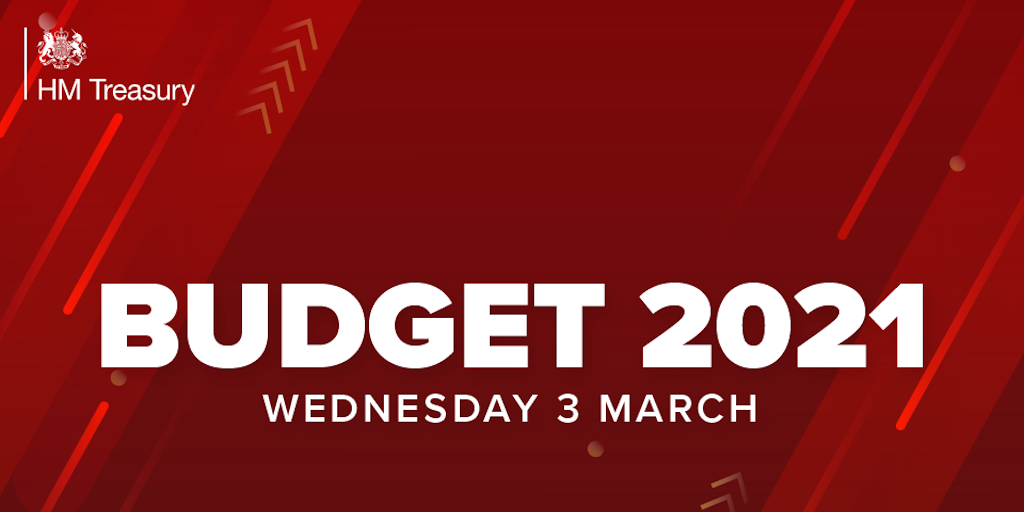
Background
Once it has been decided that the UK is the correct location to establish a business, the next key decision is how this should be structured. One of the most popular structures is a limited company.
Recruiting high quality staff is also a priority and the availability and tax efficient nature of UK share option schemes can help achieve this objective.
Situations Where a Limited Company is Most Appropriate
Limited companies can offer a number of advantages.
They can be of particular benefit where:
- The business is being set-up with other people;
- There is a wish to incentivise staff though share schemes;
- The company will be receiving external funding;
- The company will be claiming Research and Development tax relief (R&D).
Forming a Company in England & Wales
The company formation process is relatively quick and easy.
All you need to start a company is an address within England & Wales for the registered office, at least one shareholder and at least one director (these two may be the same person). There is no minimum initial cash investment and the company can be formed in a matter of hours.
Why Use a Limited Company?
The main benefit of a limited company is the limited liability of the company’s officers and shareholders. This means that unlike the situation of a ‘sole trader’ or ‘partnership’ personal assets are not at risk in the event of a failure of the business.
Other considerations are:
- The company has a legal existence separate from its management and its members (the shareholders).
- The company’s name is protected.
- The company continues despite the death, resignation or bankruptcy of the management and/or members.
- The interests and obligations of management are defined.
- Appointment, retirement or removal of directors is straightforward.
- It is an easy process to gain new shareholders and investors.
- Employees can acquire shares.
- Companies are often perceived as more robust and more business-like than sole traders.
- Companies can provide tax advantages such as lower tax rates, R&D incentives, extraction of profits via dividends, etc.
Recruiting and/or Incentivising Employees Using Share Schemes
Finding the right calibre of staff is vital to the success of a business, wherever it is located.
Employers in the UK often use share schemes to recruit important members of staff and as a way of incentivising employees to work hard and remain with the business for the medium to long term.
There are a number of ways to do this, as detailed below. The most popular is the Enterprise Management Incentive (EMI) share option scheme as it is particularly tax efficient:
Enterprise Management Incentive (EMI)
Eligible companies frequently use an EMI share scheme, because the tax advantages are attractive. The EMI share option scheme is Government approved, tax beneficial and a very flexible way of incentivising staff.
Under the EMI scheme, options are issued over an agreed number of shares. No tax is paid when the option is granted. When the option is exercised, which means converted into shares, there is no tax to pay provided that the agreed exercise price is no lower than the market value of the shares on the day that the option was granted.
When the shares are sold, the capital gain is usually taxed at 10% in situations where ‘Business Asset Disposal Relief’ (previously known as Entrepreneurs Relief) is available.
Growth Share Scheme
Where companies cannot use EMI, a growth share scheme is often used instead. This type of scheme is not appropriate for a start-up, it is only relevant to an established company.
Under this share scheme, on the sale of a company employees benefit only from the growth in the value of the shares, not the historic value built up until the date of the share issue. This is achieved by valuing the company and then issuing shares of a different class, which only benefit from value generated above an agreed threshold.
For example, if the company is worth £10m, a growth share scheme may allow holders to share in the proceeds, only if they exceed £12m. The value of the growth share, on issue, would be low because it would not have the ‘right’ to any of the value built up previously. Income tax charged on acquisition of the shares would consequently be low.
Phantom Share Scheme
A phantom share scheme is essentially a cash bonus scheme.
This arrangement allows an individual to receive a cash payment equal to the value of shares, or the increase in value of shares, above a notional exercise price. No actual shares or share options are issued. The idea is that individuals are incentivised because the level of any payment is linked to an increase in the value of the company’s shares.
Additional Information
If you would like additional information regarding setting up a company in the UK and using a share scheme to recruit or incentivise staff, please speak to Paul Webb or Sarah Gardner at the Dixcart office in the UK: advice.uk@dixcart.com
The Dixcart office in the UK has extensive expertise in forming UK companies, establishing the most appropriate corporate structure and meeting all relevant compliance obligations. Dixcart UK is also experienced in building EMI schemes to meet specific needs and liaising with the UK tax authorities (HMRC), to gain advance approval and for the drafting of relevant share option agreements.








